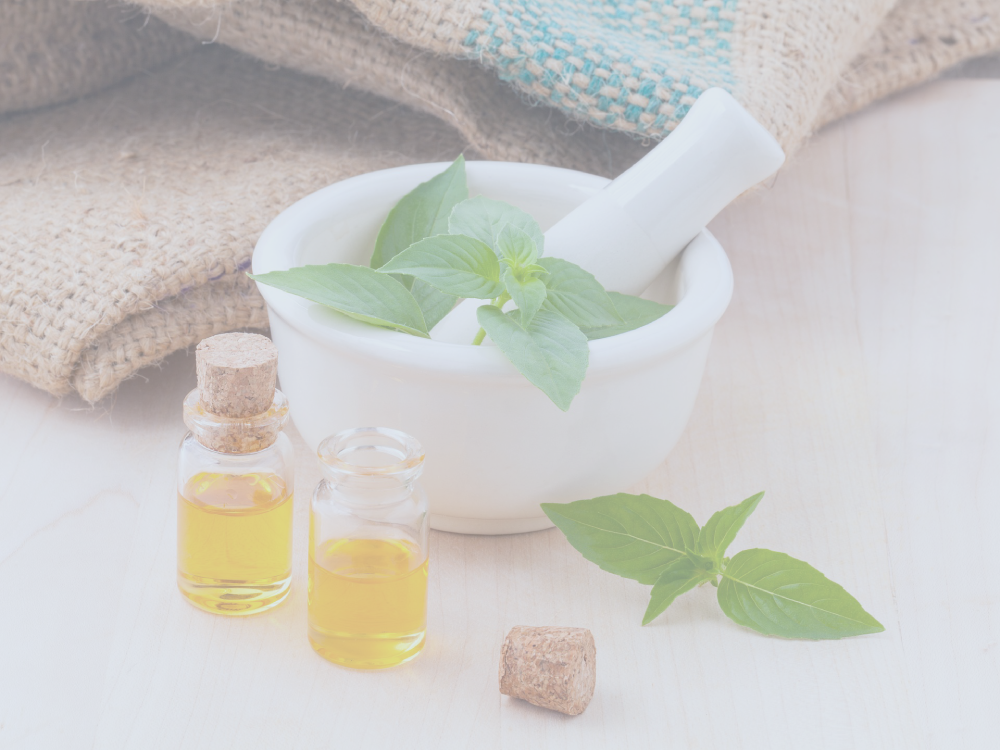I have recently begun to use essential oils for my facial cleansing regimen. After years of relying on (many) synthetic, commercial brands, I finally decided to give nature a go. And while I still haven’t reached a verdict on their effectiveness, I can tell you for sure that there is a surprising peace of mind that comes with knowing I am not putting anything aritificial on my face.
Beyond cosmetics, essential oils have many other uses. So if you are new to essential oils, or you do not feel you are ready to forego your beauty routine just yet, then begin by simply understanding what they are and what their many uses can be.
When you think of essential oils, you likely conjure smells of lavender and peppermint, but did you know that their benefits go way beyond a pleasant scent? Essential oils have been used for centuries for their healing properties.
Essential Oil Through the Ages
Records indicate that Ancient Egyptians were the first to use essential oils for healing, as well as for ceremonial practices and in embalming procedures.
In the late 19th century, French chemist and perfumer Rene Maurice Gattefosse revived the tradition of using essential oils. After burning his hand, he treated his wound with the first compound he could find, which was undiluted lavender oil. The lavender provided immediate relief from the pain and also helped minimize the infection and scarring. Essential oils are naturally anti-fungal, antiviral, anti-microbial, anti-parasitic, and antiseptic.
How to Buy
To receive the most potent healing benefits they provide, try to source the highest-, purest-quality plant oils you can find. Look for essential oils that are stored and sold in amber-colored bottles. The color of the bottle helps protect the oil and helps it retain its integrity. Whatever you do, steer clear of oils sold in clear or plastic bottles. Also avoid oils labeled “fragrance oil” or “perfume oil” — 98 percent of oils should not be ingested!
Using Essential Oils to Cure What Ails You
One of the most effective means of topical application is through the foot. The oil permeates the skin and enters the bloodstream and the effects of the oil can be seen within twenty minutes. It is important to dilute the oil before using it, especially topically, and never use it on broken skin. Another way to use oils is with a diffuser.
(Note that if you are pregnant, planning to get pregnant, or breastfeeding consult your physician before using any essential oil.)
Here are a few common ailments that can be relieved using oils:
- Migraine – Chamomile Roman, Lavender, Peppermint (apply topically)
- Anxiety – Bergamot, Clary Sage, Lavender, Rosewood (with a diffuser)
- Depression –Neroli, Rose, Grapefruit, Jasmine (with a diffuser)
- Burns – Geranium Rose, Lavender, Sage, Tea Tree (apply topically)
- Anti-fungal –Tea Tree (apply topically)
Essential Oils in Your Home
Essential oils can also be used to create Do-It-Yourself (DIY) household cleaners. When choosing DIY cleaners over commercial cleaners and detergents, you not only receive the benefits of the oil but you eliminate your exposure to the chemicals found in these products.
The following oils are common additives to DIY household cleaners: cinnamon, clove, eucalyptus, thyme, spruce, lemon, lemongrass, tea tree, and grapefruit. Make a simple room freshener by adding your favorite scent to a spray bottle with water. The scent of the oil permeates the air as it’s sprayed.
As you can see, there are many ways to add essential oils to your life. Incorporate them into your wellness regimen and cleaning routine and you’ll soon find that health never smelled so sweet!
Be well,
Dana

